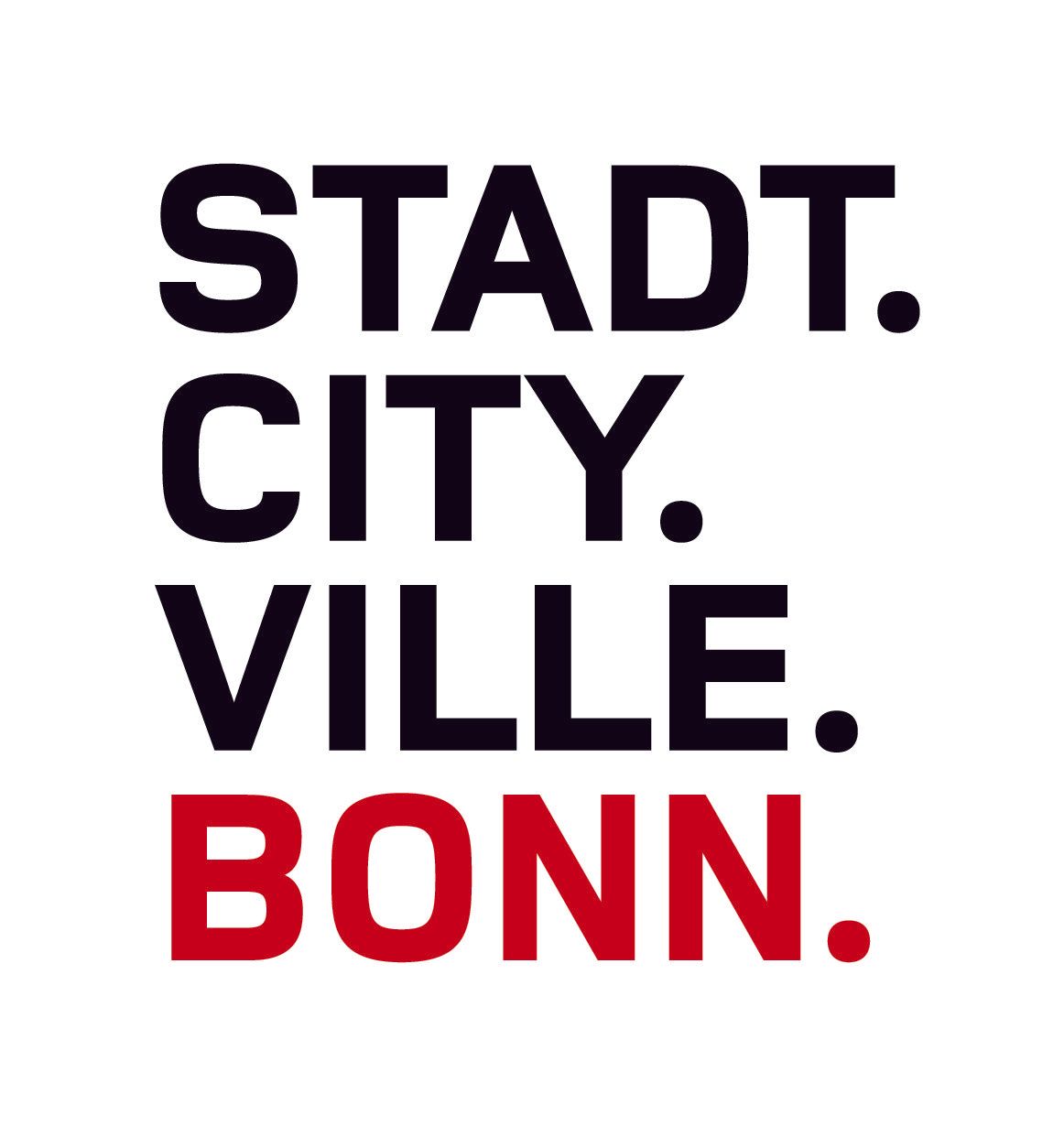News and Messages
Newsletter #10
30.06.2023
In this issue, you can expect input from the following partner institutions:
The Federal Office of Civil Protection and Disaster Assistance (BBK) reports on the successful BBK conference "Research for Civil Protection" aand on the cloverleaf mechanism and the related patient transfer from Ukraine.
The German Committee for Disaster Reduction (DKKV) summarizes the events of the first DKKV workshop on the development of the new warning system of the German Weather Service.
The City of Bonn announces Bonn's participation in the UNDRR Making Cities Resilient Partnership and the central role that networks like ours play in this process.
The Bonn Fire Department publishes a field report on a successful European forest fire exercise in Portugal.
You can find the Newsletter here.
Newsletter #8: Wildfires
19.10.2022
As with other natural hazards, the probability of forest fires is increasing more and more in terms of the climate crisis. But what should effective forest fire prevention and control look like in Germany? How do other countries defend themselves against this natural hazard? These and other questions are answered by Prof. Dr. Johann Georg Goldammer, head of the Global Fire Monitoring Center (GFMC) of the Max Planck Institute for Chemistry and the University of Freiburg. In the following, the THW and the Bonn Fire Department present their own projects.
You can find the newsletter
here.
Newsletter #7: Volunteering in international Civil Protection
25.07.2022
The 1.7 million volunteers are a key pillar of the German Disaster management – as the floods in July 2021 have clearly demonstrated. But what is the current situation of volunteerism in Germany? What role does volunteering play in other countries? How can individuals contribute to disaster prevention? Prof. Dr. Alexander Fekete discusses these issues in an interview.
You can find the newsletter
here.
Master's program 'Katastrophenvorsorge und -management' (KaVoMa)
11.04.2022
The application period for the postgraduate Master's program 'Katastrophenvorsorge und -management' (KaVoMa) starts on 15. April and ends on July 15, 2022.
The part-time master's program is aimed at specialists and managers from the civil protection and disaster management. Since 2006, it has been offered by the University of Bonn in cooperation with the Federal Office of Civil Protection and Disaster Assistance (BBK). The students work in authorities and organizations with security tasks (BOS), KRITIS companies (e.g. hospitals, utilities) and other areas of civil society.
For more information about the application can be found on the
website and the
information flyer. If you have any questions, please feel free to contact
kavoma@uni-bonn.de.
Newsletter #6: Climate Change in Cities
11.04.2022
Weather extremes are increasing noticeably. This affects cities in particular, where heavy rain, flooding or heat waves, for example, can
lead to major damage, health problems and, in the worst case, even death.
In an interview, Dr. Simone Sandholz points out the effects and resulting challenges of climate change in cities. In addition, a review of the previous events of the WebTalk-Series of the Bonn Network is presented.
You can find the newsletter
here.
WebTalk #2: Welthungerhilfe’s Anticipatory Actions within Humanitarian Assistance
W
20.01.2022
Within its humanitarian mandate, Welthungerhilfe advocates for a Humanitarian Paradigm shift in the international humanitarian system, i.e. away from a mere reactive towards an Anticipatory Humanitarian Assistance. This involves to strengthen a) disaster risk-informed resilience programming, b) anticipation / early warning early action, and c) emergency preparedness & response planning, while sustaining timely, effective and efficient emergency response capacities. The WebTalks will give you an exemplary insight on Welthungerhilfe’s engagement in anticipatory humanitarian actions in various countries in Africa and Asia considering different hazards, namely Madagascar, Kenya, and Zimbabwe (drought), Tajikistan (floods and landslides), and Pakistan (heatwaves, droughts, and floods).
The complete recording of the WebTalk can be found here.





